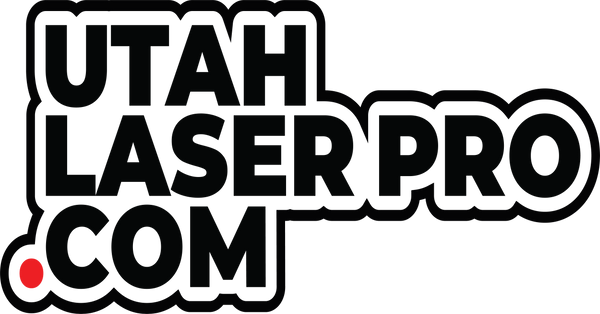The Power of Business Cards in Effective Networking Strategies
Share
In today's fast-paced digital world, the significance of business cards remains undeniable. These small but powerful tools serve as crucial assets in effective networking strategies. They not only convey essential contact information but also reflect your professional identity and brand. When used thoughtfully, business cards can make a memorable impression, fostering valuable connections in various professional contexts.
Understanding the Importance of Business Cards
Why Business Cards Matter
Despite the prevalence of digital communication, business cards provide a tangible means of connection. Handing someone a business card creates a personal moment that digital interactions often lack. This small gesture can lead to meaningful conversations and memorable first impressions, reinforcing the idea that business cards are still relevant in modern networking.
The Impact of First Impressions
First impressions play a crucial role in networking and establishing professional relationships. A well-designed business card can significantly enhance your credibility and professionalism. It visually represents your brand and conveys your attention to detail, setting a positive tone for future interactions. When networking, ensuring that your business card stands out can lead you to greater opportunities.
Design Elements that Matter
Crafting a Distinctive Business Card
When designing your business card, consider utilizing a clean layout with appropriate branding elements such as your logo, colors, and font styles. This consistency reinforces your brand identity and helps recipients remember who you are. The quality of materials used for printing is also vital; a thick, well-printed card conveys reliability and professionalism.
Essential Information to Include
- Name
- Job Title
- Company Name
- Contact Information (Phone and Email)
- Website or Social Media Links
Simplicity is key; avoid cluttering your card with unnecessary information. Make sure that the essential details are easily readable and visually appealing, creating a positive experience for those who receive your card.
The Digital vs. Traditional Business Card
Benefits of Digital Business Cards
Digital business cards have gained popularity, offering eco-friendly alternatives that eliminate paper waste. They can be easily shared via social media or email, making them convenient in a digitally connected world. Moreover, digital cards can incorporate links to websites, social profiles, or videos, providing an interactive experience that traditional cards cannot.
Staying Relevant with Traditional Business Cards
Even as digital solutions become more common, traditional business cards remain valuable. They create personal connections during face-to-face meetings and allow individuals to engage physically with the card. The tactile nature of a business card can create lasting impressions, making it more likely for recipients to remember the individual who handed it to them.
Strategically Using Business Cards in Networking
Choosing the Right Moment
Knowing when to hand out your business card is essential for effective networking. Opportunities may arise during professional events, conferences, or casual encounters with potential clients. Being proactive in these situations highlights your eagerness to connect and establish valuable relationships.
Maximizing Follow-Ups
A well-executed business card exchange can lead to beneficial follow-ups. Often, recipients are more inclined to reach out when they have a physical card in hand, reminding them of their interaction with you. This simple yet effective strategy can pave the way for business opportunities and collaborations.
Conclusion
The continued relevance of business cards in effective networking strategies cannot be understated. They provide a personal touch, enhance professionalism, and serve as powerful tools for building connections. As you invest in creating high-quality business cards, consider how they reflect your brand and the opportunities they can present. Whether you choose traditional or digital options, maintaining a strategic approach to networking can drive long-lasting relationships and career growth.
Frequently Asked Questions (FAQ)
Are business cards still relevant in today's digital world?
Yes, business cards are still relevant as they provide a personal touch and serve as physical reminders of interactions, enhancing networking efforts.
What information should I include on my business card?
Your business card should include your name, job title, company name, contact information, and links to your website or social media profiles.
How can I design an effective business card?
To design an effective business card, focus on clean layouts, consistent branding elements, high-quality materials, and readability to ensure a memorable impression.
For high-quality business cards, remember that investing in your professional image can yield valuable networking opportunities.
